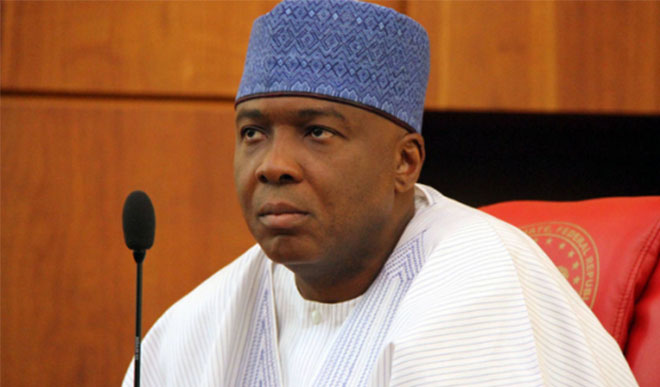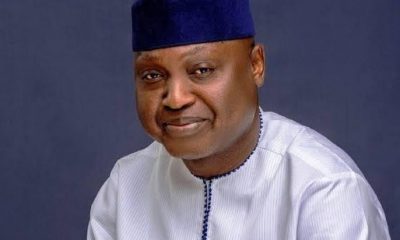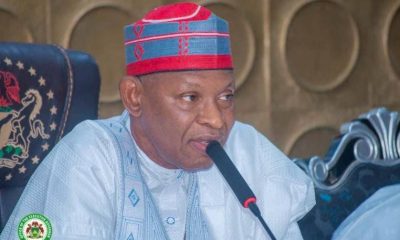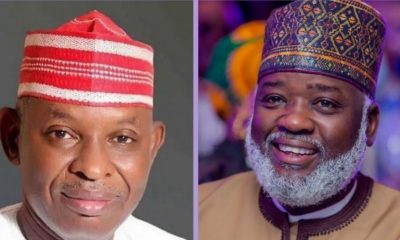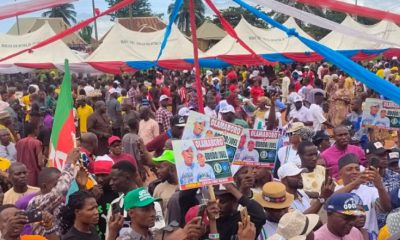The President of the Senate, Dr. Abubakar Bukola Saraki, on Saturday made an ambiguous statement which has kept leaders of the ruling All Progressives Congress (APC), in suspense over his continued membership of the party.
National Daily gathered that the Senate President, at a farewell dinner for delegates of the International Press Institute (IPI) World Congress, he hosted in Abuja Saturday night, said that time will determine his future in the All Progressives Congress (APC).
Saraki was said have spoken of the uncertainty while responding to a comment by the Chairman, Daily Trust Newspapers, Kabiru Yusuf, who commended him for going to Saudi Arabia to perform the Lesser Hajj, went to Russia where he addressed the Russian parliament and returned home to attend the APC convention “a party to which he belongs but which increasingly does not belong to him.”
The President of the Senate was accordingly, cited to have remarked: “Kabiru made a comment and said that he welcomes me as a member of the party and further said he is not sure if the party welcomes me as much as I welcome them.
“I am not going to comment on that because I will be here all night commenting on that. I won’t like to be the front page story but time will tell on that.
“Already, based on this comment, I know most newspapers headline would be time will tell. So, I won’t be surprised if I check This Day newspapers and I see: The Senate President says time will tell.”
Saraki further expressed optimism that Africa in the near future will receive nod to host the IPI World Congress in again.
He commended the world’s best journalists, editors and media executives who converged in Nigeria to explore the theme – ‘Why Good Journalism Matters: Quality Media For Strong Societies’; making appeal for more regular visits of IPI officials to Nigeria, and indeed annual congresses, in Africa.
Saraki had stated: “This, I believe, will make for better understanding of Nigerians and Africans in the eyes of the international media. When international journalists themselves come in our midst and get the right position about Africa, the image of our continent will start to improve in the eyes of the world out there.”
He was of the view: “in the era of Fake News, especially, with the fragmentation of the social contract as we are witnessing all over the world today, it is clear to me that the media cannot afford to be complacent.”
He admonished that the media “cannot allow itself to be complicit,” advocating: “when false claims are made, which could heat up the polity – or set different groups off against one another – it behoves the media to expose these by countering with verifiable facts.
“So also, are the modes of relaying the news to an audience whose preference for receiving mass communication is also changing with each passing day.”
“The media must adapt for this rapidly changing environment, in order that the journalist may fulfill his or her role, in the Lincolnian tradition, as a defender of democracy,” Saraki counseled.

 Entertainment5 days ago
Entertainment5 days ago
 Comments and Issues1 week ago
Comments and Issues1 week ago
 Comments and Issues1 week ago
Comments and Issues1 week ago
 Health7 days ago
Health7 days ago
 Comments and Issues1 week ago
Comments and Issues1 week ago
 Health3 days ago
Health3 days ago
 Football7 days ago
Football7 days ago
 Football7 days ago
Football7 days ago
